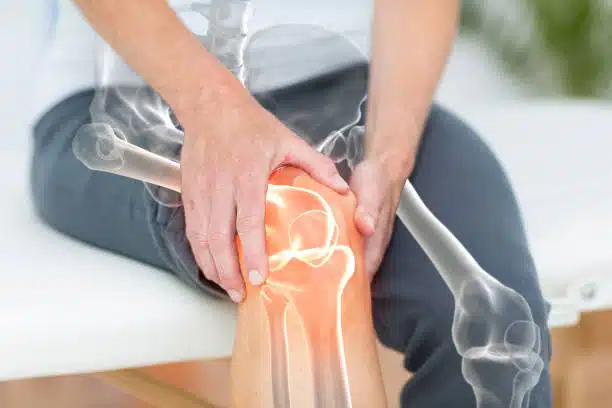Orthopedic surgeons diagnose and treat injuries or disorders affecting bones, joints, and related structures. They are key in improving mobility and enabling people to continue their daily activities. Their expertise covers preventive care, surgical and nonsurgical treatments, and rehabilitation programs. This article explores the ways orthopedics surgeons contribute to bone and joint health.
How Do Orthopedic Surgeons Help Prevent Bone and Joint Problems?
Orthopedic surgeons focus on preventing conditions before they become significant issues. They often work with patients at risk of musculoskeletal problems, such as those with physically demanding jobs or athletes. Comprehensive assessments help identify risk factors like poor posture, repetitive motion stress, or pre-existing conditions.
They may recommend tailored strengthening exercises, stretches, or lifestyle changes to protect the bones and joints from long-term stress. For certain patients, preventive care also includes guidance about proper ergonomics or the benefits of maintaining a healthy weight to reduce strain on the joints. This proactive approach can help reduce the likelihood of future injuries.
How Do Orthopedic Surgeons Improve Mobility and Quality of Life?
Orthopedics specialists are trained to restore movement and functionality affected by injuries like fractures, ligament tears, and dislocations. After diagnosing the condition, they outline treatment plans, which might involve physical therapy, minimally invasive interventions, or surgical procedures. Restoring mobility often means addressing discomfort that may limit daily activities. Whether treating arthritis or performing joint replacements, orthopedic surgeons aim to support patients in achieving a better standard of living. They also emphasize post-treatment care, helping patients regain strength and confidence in their movement.
When Should You See an Orthopedic Surgeon for Pain or Injury?
Persistent pain lasting more than a few weeks can signal the need to see an orthopedic surgeon. Whether from repetitive strain or an acute injury, addressing the issue early can prevent complications and support faster recovery. Orthopedic specialists are well-equipped to diagnose and treat a wide range of conditions. Here are some common reasons to consult an orthopedic expert:
- Repetitive Use Injuries (e.g., Tendonitis): Pain caused by repetitive motion or overuse, such as in sports or work-related activities, can lead to inflammation and discomfort. Tendonitis is a frequent example that benefits from early attention.
- Acute Injuries (e.g., Falls or Accidents): Injuries like fractures, sprains, or ligament tears from sudden trauma often require immediate care for proper healing and function.
- Chronic Conditions (e.g., Osteoarthritis): Aging-related conditions, such as osteoarthritis, can cause pain and stiffness, making daily activities like walking or climbing stairs difficult. Treatment options can help manage symptoms and improve mobility.
- Unexplained Stiffness or Discomfort: If pain or stiffness interferes with your ability to perform routine tasks, a consultation can help determine the cause and appropriate treatment.
Orthopedic specialists help patients make informed decisions about their care and provide tailored treatment plans. From managing chronic conditions to treating sudden injuries, their expertise can improve quality of life and restore mobility. If you’re experiencing ongoing pain, don’t wait—scheduling an evaluation could be the first step toward relief.
Consult an Orthopedics Specialist
Orthopedics are key in keeping people active, mobile, and pain-free. Whether it’s preventive care, treatment of acute injuries, or managing chronic conditions, their work helps patients maintain their independence and quality of life. They proactively identify and address musculoskeletal concerns, offering comprehensive care tailored to each individual’s needs. Whether you need guidance on preventing future problems or help with a current issue, consulting an orthopedic specialist can make all the difference.









